An Act of Conscience (1997)
When a young couple buys a contested home at auction from the U.S. government for $5,400, they become involved in a political and moral battle much larger than what they originally bargained for.
When a young couple buys a contested home at auction from the U.S. government for $5,400, they become involved in a political and moral battle much larger than what they originally bargained for.
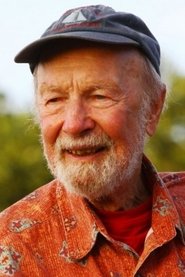 Pete SeegerSelf
Pete SeegerSelf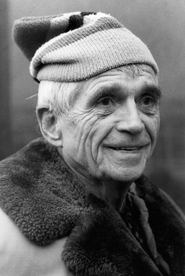 Daniel BerriganSelf
Daniel BerriganSelf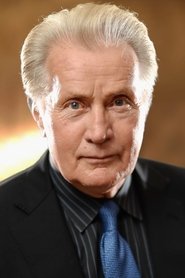 Martin SheenNarrator
Martin SheenNarrator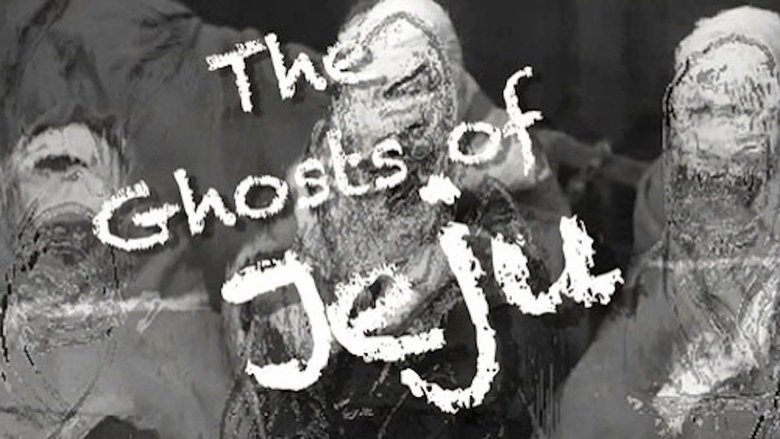
Documentary about the struggle of the people of Jeju Island, South Korea. Set in the context of the U.S. presence in Korea after World War II, the film reveals horrible atrocities at the hands of the U.S. Military Government of Korea.
The award-winning filmmaker Peter Lilienthal is dedicated to this extremely poignant documentary of U.S. military policy and the living conditions of former resistance fighters in Latin America.
The Israeli filmmaker Shai Corneli Polak records the building of the 'security wall' through Palestinian territory at the village of Bil'in. The villagers protest mostly peacefully, while the Israeli army doesn't react peacefully. By now the Israeli High Court has ruled that the building of the wall was illegal.
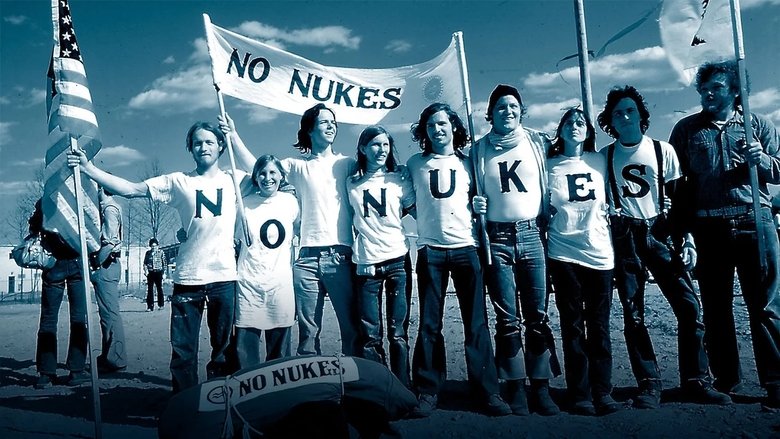
In April 1977, the small coastal town of Seabrook, New Hampshire became an international symbol in the battle over atomic energy. Concerned about the dangers of potential radioactive accidents, over 2,000 members of the Clamshell Alliance, a coalition of environmental groups, attempted to block construction of a nuclear power plant. 1,414 people were arrested in that civil disobedience protest and jailed en masse in National Guard armories for two weeks.
POLICE STATE 4 chronicles the sickening depths to which our republic has fallen. Veteran documentary filmmaker Alex Jones conclusively proves the existence of a secret network of FEMA camps, now being expanded nationwide. The military industrial complex is transforming our once free nation into a giant prison camp. A cashless society control grid, constructed in the name of fighting terrorism, was actually built to enslave the American people. Body scanners, sound cannons, citizen spies, staged terror and cameras on every street corner -- it's only the beginning of the New World Order's hellish plan. This film exposes how the "Continuity of Government" program has established an all powerful shadow state. Prepare to enter the secretive world of emergency dictatorship, FEMA camps, and a shredded Constitution.
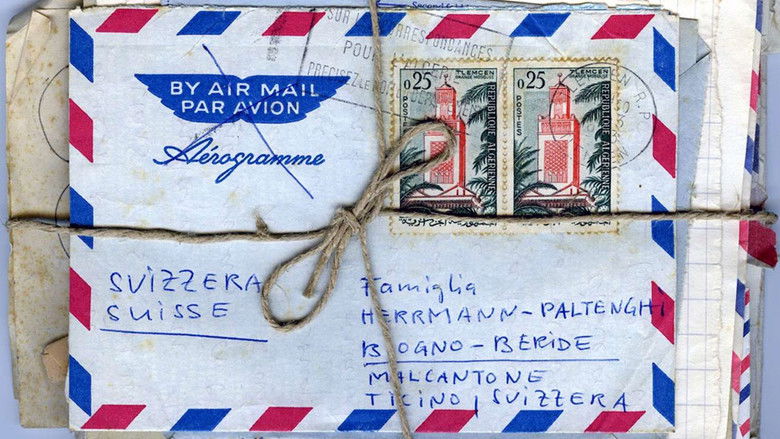
Between 1954-1962, one hundred to three hundred young French people refused to participate in the Algerian war. These rebels, soldiers or conscripts were non-violent or anti-colonialists. Some took refuge in Switzerland where Swiss citizens came to their aid, while in France they were condemned as traitors to the country. In 1962, a few months after Independence, Villi Hermann went to a region devastated by war near the Algerian-Moroccan border, to help rebuild a school. In 2016 he returned to Algeria and reunited with his former students. He also met French refractories, now living in France or Switzerland.
Street art, creativity and revolution collide in this beautifully shot film about art’s ability to create change. The story opens on the politically charged Thailand/Burma border at the first school teaching street art as a form of non-violent struggle. The film follows two young girls (Romi & Yi-Yi) who have escaped 50 years of civil war in Burma to pursue an arts education in Thailand. Under the threat of imprisonment and torture, the girls use spray paint and stencils to create images in public spaces to let people know the truth behind Burma's transition toward "artificial democracy." Eighty-two hundred miles away, artist Shepard Fairey is painting a 30’ mural of a Burmese monk for the same reasons and in support of the students' struggle in Burma. As these stories are inter-cut, the film connects these seemingly unrelated characters around the concept of using art as a weapon for change.
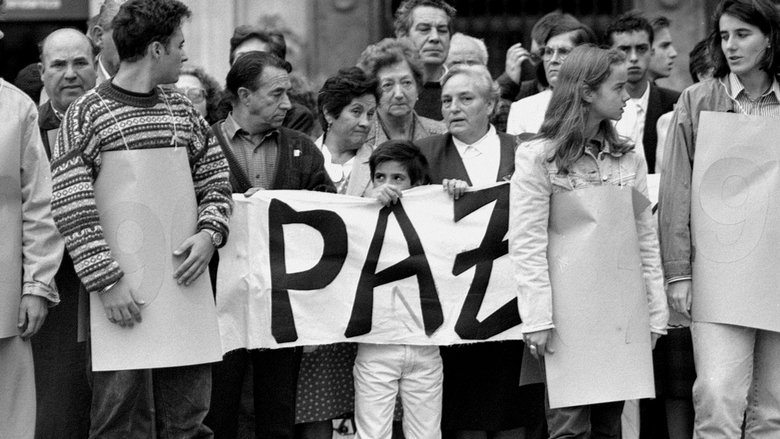
The history of the citizens' movement that for thirty years worked hard to overcome fear, fight hatred and eradicate the violence exercised by the savage terrorist gang ETA, both in the Basque Country and in the rest of Spain.
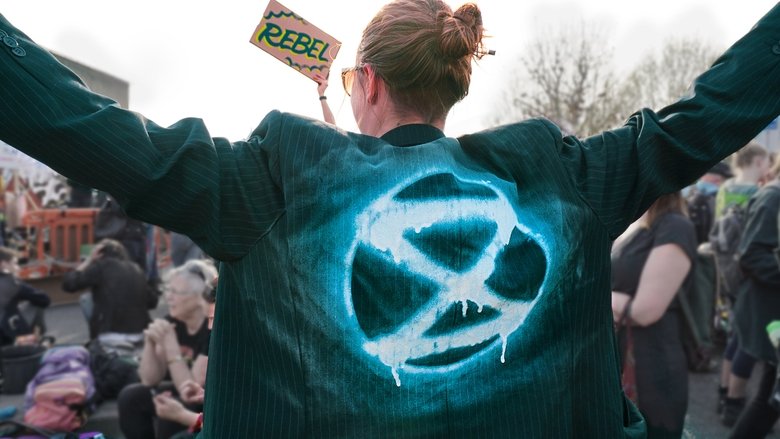
A huge new global protest movement is changing public attitudes to climate change. Reporter Ben Zand gains access to the most high-profile activist group, Extinction Rebellion.
Twenty-eight people offer their motivations for and methods of resisting the war machine with their tax money. This tightly-paced short film introduces viewers to war tax refusal and redirecting tax dollars to peace, with music by Sharon Jones and the Dap-Kings, Antibalas, Rude Mechanical Orchestra, and First Strike Theatre’s version of “Don’t Pay Taxes” by Charlie King.
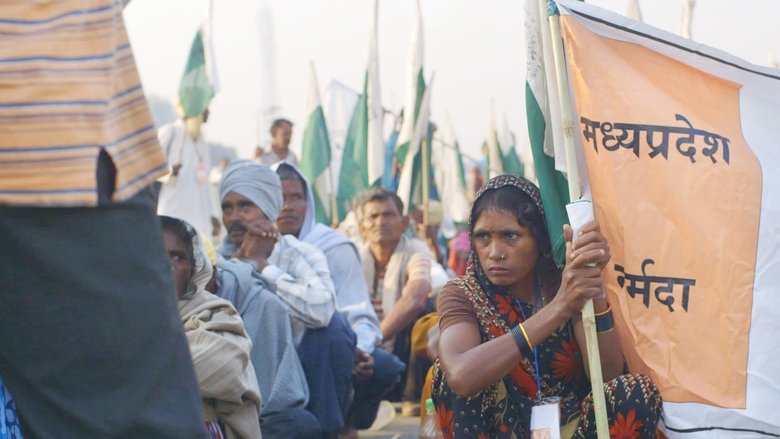
Hundreds of thousands of Indian men and women – indigenous inhabitants and landless farmers – demand their right to existence by making a 400 kilometre protest march from Gwalior to Delhi. How can one fight for one’s rights without using violence? With such an important contemporary question, the film spreads far beyond the borders of India. It shows the multiple facets of this imposing protest march and focuses as well on the daily realities of these proud people.
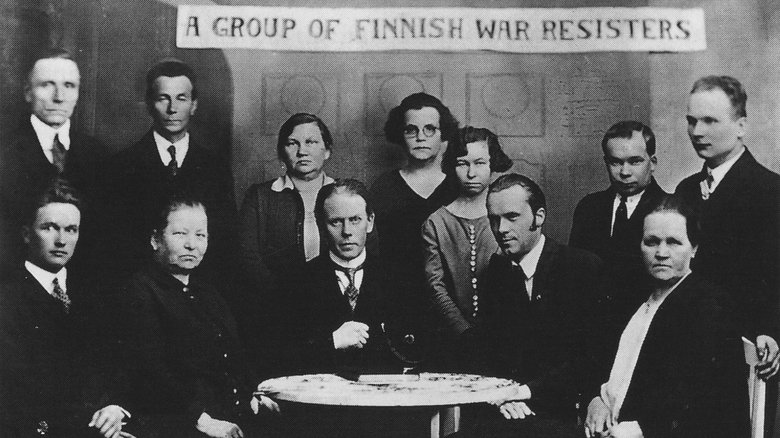
Documentary film about Arndt Pekurinen and the peace movement in the early 20th century. Pekurinen spoke out for pacifism, conscientious objection and peace, and received support for his actions around the world. However, his worldview collided with the nationalist and militaristic atmosphere of the era in Finland. He was considered a troublemaker, a traitor, and a caricature of masculinity. The film is a universal and timeless account of a man persecuted for his opinions. At the same time, it is a description of the weak tolerance of young independent Finland towards dissidents. Pekurinen was executed during the Continuation War by his compatriots on November 5, 1941.
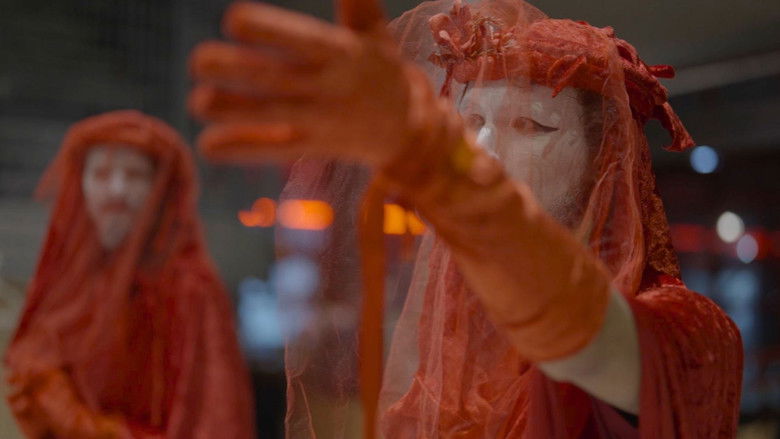
In less than 150 years, 97.3% of British Columbia's old growth forests have been logged. These ancient trees and their ecosystems have been lost forever. Fairy Creek (Ada'itsx), one of BC's last untouched old growth watersheds, lies on Southern Vancouver Island on the unceded territories of the Pacheedaht, Ditidaht and the Huu-ay-aht Nations. Despite Premier John Horgan's 2020 election promise to protect the remaining 2.7% of old growth forest, logging of Fairy Creek continues unabated. In August 2020, forest and land defenders began setting up blockades to prevent the destruction of this beautiful and fragile ecosystem. One year later, after mass civil action, over 500 arrests and intense public pressure, the conflict continues. This comprehensive and compelling documentary film sheds light on the issues around the logging and blockades, through conversations with Indigenous Elders, politicians, police, lawyers, front line activists, and many others.
A film initially was released alongside an injunction granted from the BC court to Teal Jones, enabling them to forcibly remove forest protectors who have been sacrificing their worlds at home to stand and defend some of the last of the 2.7% remaining old-growth on Vancouver Island. In collaboration with filmmaker, Ian MacKenzie, the short-film depicts how much we truly depend on these Ancient Forests for our survival as well.
The ancient forests of the Pacific Northwest are home to giant trees and many secrets, which science is just beginning to understand. But these forests are at risk of disappearing. In British Columbia on First Nation territory, a small band of forest defenders are risking life and liberty to protect some of the last remaining ancient forests.
Amani is 31. When he was an infant, he survived the genocide against Rwanda’s Tutsi population. Three decades later, Amani has set up an organisation in Nyamirambo, one of the more economically impoverished districts of the country’s capital, Kigali. It employs creativity, artistic practice and performance to grapple with poverty and generational trauma – acknowledging that deep-seated ideologies can easily foment prejudice and create an environment that proved so catastrophic in the past.
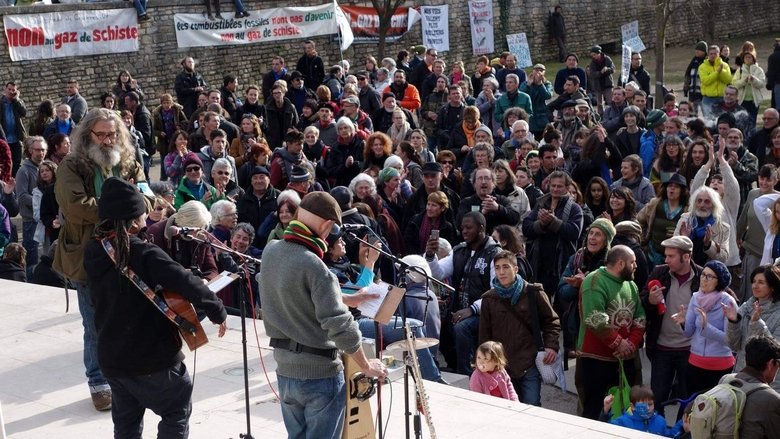
February 2011: 20 000 people demonstrate in southern France against the shale gas licenses that have been issued in backroom deals, Meanwhile the European Parliament begins its first inquiry on the subject, From the outset, there is a split between the conservative representatives, swayed by the economic arguments in favor of fracking, and opponents invoking the precautionary principle. In areas affected by the permits, people are getting organized, building their knowledge, and taking action. Local mayors step up, issue local bylaws and relay information about the situation up to the national government. This grassroots movement makes it all the way to European-level institutions.